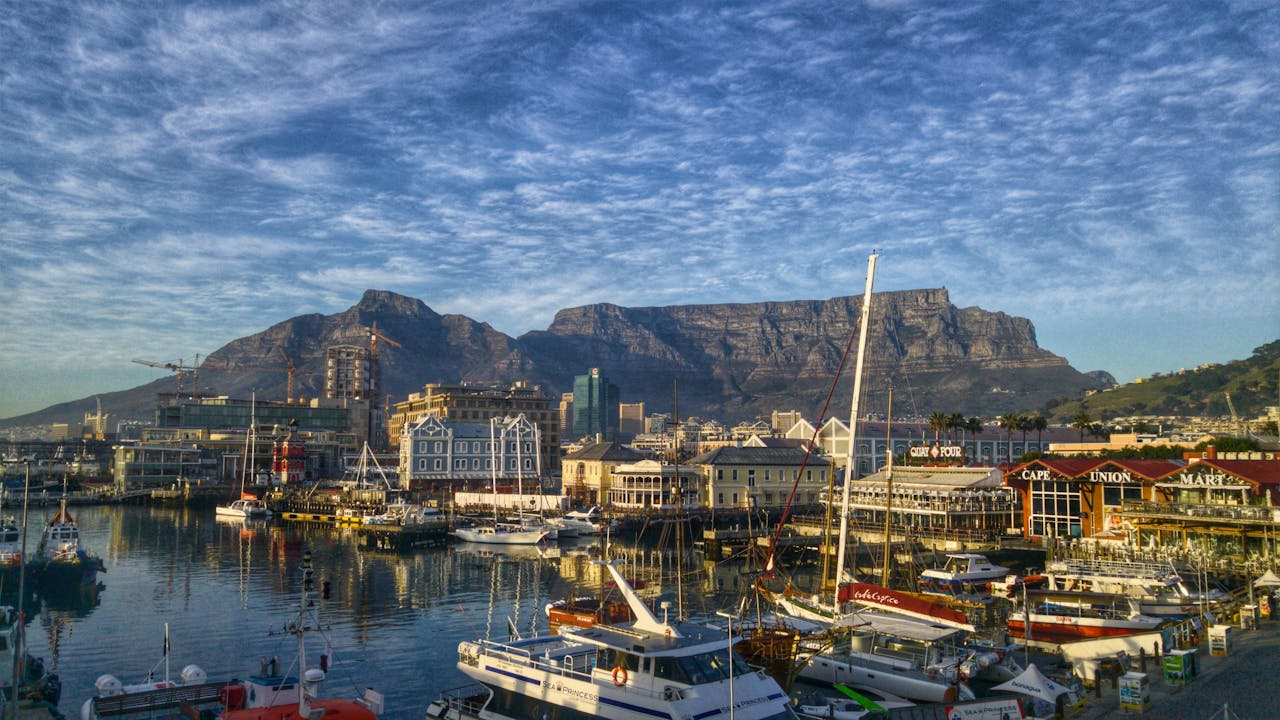- February 26, 2024
- 645 views

In recent years, a growing number of South Africans have traded the hustle and high prices of city life for the calm, community-oriented charm of coastal and remote towns. What was once considered "too far from work" is now becoming the ideal place to live — thanks to the rise of remote work, shifting lifestyle priorities, and a desire for more affordable, fulfilling living.
While the COVID-19 pandemic may have accelerated this trend, it's become clear that this shift isn’t just a temporary reaction — it's a fundamental change in how many people want to live, work, and raise families.
The Remote Work Revolution
One of the primary drivers behind the migration to coastal towns is the newfound flexibility in where people can work. With high-speed internet becoming more widely available, and more companies embracing hybrid or fully remote work models, many professionals are no longer tethered to city office blocks.
This shift allows people to reimagine their ideal lifestyle — and for a growing number, that means waking up to ocean views instead of traffic jams.
1. More Affordable Housing
Let’s face it — property prices in major metros like Cape Town, Johannesburg, and Pretoria have become out of reach for many. Coastal towns such as Hermanus, George, Mossel Bay, and even Langebaan offer more bang for your buck.
For the same price as a small apartment in Cape Town’s CBD, you might be able to buy a spacious home with a garden and a view in a coastal town. Rental prices are also generally lower, which makes these areas attractive for families, retirees, and digital nomads alike.
2. Better Schooling Options (at Lower Costs)
Education plays a major role in relocation decisions, especially for families. Many coastal towns now offer top-performing schools — both public and private — without the exorbitant school fees that are often associated with urban institutions.
Parents are discovering they don’t have to compromise on quality education to enjoy a better quality of life. In fact, many smaller schools offer lower teacher-to-student ratios, which can mean more personalized attention for learners.
3. Outdoor Lifestyle and Wellness
Coastal towns naturally lend themselves to a more active and health-conscious lifestyle. With beaches, mountains, trails, and outdoor sports at your doorstep, it's far easier to stay active and connected with nature.
Take Hermanus as an example — known not just for whale watching, but also for its thriving Padel community, kite surfing, golf courses, local markets, mountain biking, and scenic hikes. The outdoor lifestyle promotes mental wellness, less screen time, and a welcome break from the concrete jungle.
4. Quality of Life and Community
Beyond affordability and activities, there’s something else pulling people to these quieter towns: quality of life.
Coastal and remote communities often foster a greater sense of connection, friendliness, and safety. With lower crime rates in many towns and a slower pace of life, people report feeling more relaxed, less anxious, and more fulfilled in their day-to-day routines.
Final Thoughts
Moving to a coastal town in South Africa is no longer reserved for retirees or vacation-home owners. It's becoming a viable — and desirable — option for young families, entrepreneurs, creatives, and remote workers.
While city life certainly has its perks, more and more South Africans are realizing that they don’t have to choose between success and serenity. Coastal towns are offering both — with a better view.



